وار آن غزہ اینڈ دا گلوبل ریسپانس اِز ہیرالڈنگ آ نیو ورلڈ آرڈر
7 اکتوبر 2023ء کو مقبوضہ فلسطین میں ہونے والے واقعات کے بعد اسرائیلی ڈیفنس فورسز (آئی ڈی ایف) نے غزہ کے لوگوں کے خلاف ایک شدید جنگ شروع کی، فوری طور پر فضائی حملے کیے اور اس کے بعد مکمل فوجی حملے کا آغاز کر دیا۔ یو این او سی ایچ اے کی رپورٹ کے مطابق 10 مئی تک 34,904 فلسطینی شہید اور 78,514 زخمی ہوئے ہیں۔ 70,000 سے زیادہ مکانات مکمل یا جزوی طور پر تباہ ہوچکے ہیں جبکہ 17 لاکھ فلسطینی غزہ کے اندر بے گھر ہیں۔ اقوام متحدہ ایک کے بعد ایک اجلاس بلانے اور متعدد قراردادوں کے باوجود غزہ میں جنگ بندی پر عمل درآمد کرانے میں ناکام رہا ہے ۔
War on Gaza and the Global Response is Heralding a New World Order
Moaz Bashir
After the October 7, 2023, incidents in Occupied Palestine, the Israeli Defense Forces (IDF) launched a fierce war against the people of Gaza, immediately carrying out airstrikes and initiating a full-fledged military invasion afterward. Targeting hospitals, humanitarian camps, schools, and mosques on the pretext that they provided shelter to Hamas fighters was part of Israel’s strategy. The Israeli invasion completed its seventh month in May.
According to the report of the United Nations Office for the Coordination of Humanitarian Affairs (OCHA) 34,904 Palestinians have been killed by May 10 and 78,514 injured in the ground and air assaults of the Israeli forces. More than 70,000 housing units have been completely destroyed or partially damaged, while 1.7 million Palestinians are forcefully displaced inside Gaza. Food scarcity is also prevalent and there is a famine-like situation because of Israel’s severe restrictions on the entry and distribution of humanitarian aid. Director General of World Health Organization Tedros Adhanom Ghebreyesus described the health conditions in Gaza as “inhuman” while labeling Gaza a death zone.
Failure of the global governance system to prevent further destruction in Gaza is evident. The UN has failed to implement a lasting ceasefire in Gaza despite convening meeting after meeting and resolution after resolution on the conflict. The UN General Assembly adopted several resolutions for a truce in Gaza but there was no outcome. Resolutions presented before the Security Council met with a veto from the US, except one in which the US preferred to abstain. Despite the adoption of that resolution, the Security Council could not force Israel to stop its indiscriminate and disproportionate assault.
In the seven months of Israel’s brutal invasion of Gaza, several developments have caught global attention. On the one hand, the contemporary structure of global governance is shuddering due to its irregularities and contradictions. Gaza has exposed the inefficiency and inability of the liberal world order, and several powerful countries have either somehow facilitated the Israeli genocide or have remained indifferent to the inhumane brutalities. International media has acted as a propaganda tool for Israel and has violated all norms of impartiality, objectivity, and even humanity.
On the other hand, the partisan approach of the mainstream media was countered through social media. Despite their limitations, social media platforms including X (Twitter), Facebook, Telegram, WhatsApp, etc. played an effective role in unfolding the miseries of Gaza. Meanwhile, masses from the same powerful countries are unequivocally questioning their respective governments for their failure to stop Israel’s brutalities. People are showing solidarity with Gaza by boycotting the products that are directly or indirectly associated with Israel.
The following lines try to underscore several similar important patterns being noted in the Gaza war.
US’ Unabated Support for Israel: A Failure of Contemporary Global Governance
It was immediately after Hamas’ military action of October 7, 2023, that the international community came to Israel’s aid with the argument that the Zionist state had the right of ‘self-defense’. What followed, however, was not proportionate to what Hamas did. Despite Israel’s savage bombing of Gaza, displacement of 1.7 million locals for shelters, and the IDF targeting civilian places, governments of the Western world, the US on top, remained firm in supporting Israel while paying mere lip service for humanitarian considerations. What is painted as innocent civilians in the Russia-Ukraine war becomes collateral damage when it comes to the Israeli offensive in Gaza.
At first, the US kept refusing to back any effort to bring even a “humanitarian pause” to the conflict. Its key allies, Australia and the UK, also abstained from supporting a truce. It was after a lot of damage, destruction, and harsh criticism from within that the Biden administration decided to abstain on a resolution for a ceasefire presented before the UN Security Council on March 25, 2024. However, the speech made by the US representative in itself was evidence of the justificatory approach that the US has taken since the early days of this war.
In the wake of the October 7 attacks, the US vowed full military and political support to Israel. The US is the sole protector of the state of Israel at the Security Council; it objected to every draft resolution related to a ceasefire as Israel did not want a ceasefire in Gaza. Although thousands of Palestinian children have been killed, the US and Israel were concerned merely about Israeli hostages in Hamas captivity during their discussions at the Security Council. However, as Israel’s failure to halt Hamas activities turned into its desperate efforts to obliterate Palestine, the US faced increasing domestic and international pressure to limit its unconditional support to Israel.
The US policy has gradually shifted from unconditional support to limited support and demanding Israel to keep in view humanitarian considerations. Such statements are considered more for public consumption when the US president and their administration are heavily pressing Congress for an $18 billion sale of F-15 jets to Israel. In the past, Israel has used its F-15 jets to target Palestinians. These new jets will be used for the same purpose as Israel’s punitive targets are obvious.
The US government seems only concerned about the position and safety of Israel, even if it means turning a blind eye to the genocidal actions of Israel. Global governance is challenged by such malpractices of great powers when states like the US prefer their national interest over internationally agreed rules and norms. The international rule-based system which has been set up by efforts spanning decades is rendered futile and purposeless and would facilitate the rise of a new global order with new powers to lead the world.
Mass Movement Against Israel: Street versus Elite
· At the forefront: Pro-Palestinian activism on American campuses
Almost all segments of society have demonstrated support for the persecuted population of Gaza. The students of different top-class American universities have appeared as a major force in raising voices against the Israeli atrocities on the Palestinians of Gaza. Student gatherings are taking place in several US colleges and putting pressure on the university administrations to stop taking funding from Israel and even restraining them from doing business with companies that support Israel. Protests are mainly managed by coalitions of university groups. The intensity of the situation can be gauged by the report that almost 100 students have been arrested by police for pro-Palestinian encampments on premises of major universities like Columbia, MIT, University of Michigan, Emerson College, etc.
The university administrations, on the other hand, have not shown much empathy for students’ demands and even for resolutions passed by student governments. The university administrations have rusticated some protestors including Isra Hirsi, the daughter of US Congresswoman Ilhan Omer, who was active in pro-Palestinian protests.
Rafah invasion and its implications
Israel has started a ground and aerial offensive in Rafah, the largest city of Gaza. A full-scale offensive into Rafah can cost hundreds of Palestinian lives. Hamas reportedly agreed to a ceasefire proposal by Egyptian and Qatari officials, while Israel is adamant about crushing Hamas without caring about the potential loss of Palestinian lives. Israel has dismissed even a US warning, ended cease-fire negotiations, and is launching continuous attacks on Rafah.
Conclusion
The ongoing crisis in Gaza is nothing short of a modern-day Holocaust. It demands a new vocabulary to comprehend the medieval brutality being inflicted upon the civilian population, echoing the atrocities of the past. Despite our technological advancements and global interconnectedness, the international community remains unable to halt this unfolding tragedy.
The hypocrisy and double standards prevalent in the modern global structure are obvious. It is time for a collective reevaluation of our global vision, challenging the dominant frameworks of analysis in international relations. The current structures no longer suffice to address the contemporary challenges we face.
We are witnessing a paradigm shift in international relations and security paradigm. The events in Gaza hold significance akin to historic paradigm shifts like the two world wars and the Cold War. This crisis can potentially reshape the foundations of the Western liberal project as there are cries from within to overcome the double standards of global hierarchy.
Amidst the harrowing images of suffering in Gaza, there is inspiration in the resilience and resistance of the Palestinian people. Despite enduring unimaginable hardships, they refuse to be defeated, embodying a spirit of unwavering determination.
Furthermore, the crisis lays bare the racial dynamics at play in the modern world. The systemic inequalities and injustices perpetuated by notions of white supremacy are exposed. The crisis in Gaza reveals the underlying power structures that govern international relations.
A reorientation of global power dynamics is imperative. We must dismantle colonial legacies and embrace decolonial futures. Grassroots movements must drive transformative change, challenging the hegemony of traditional power structures.
In conclusion, the crisis in Gaza serves as a poignant reminder of the interconnectedness of global crises and the imperative for collective action in shaping a more just and equitable world order.

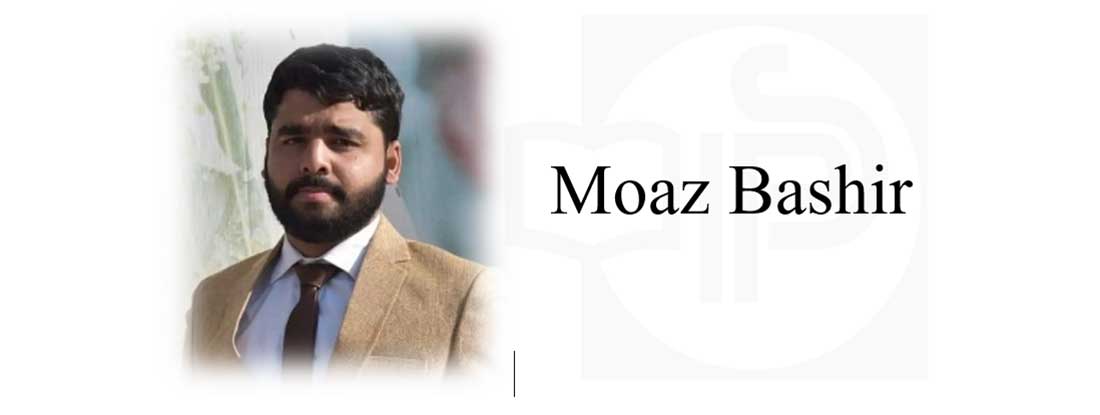

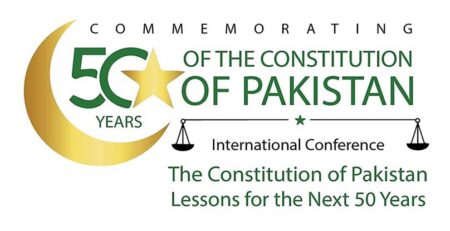
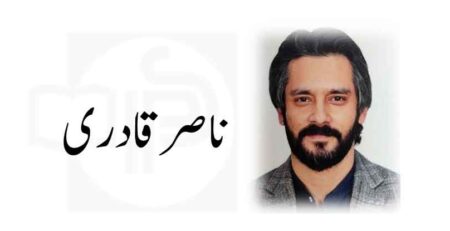
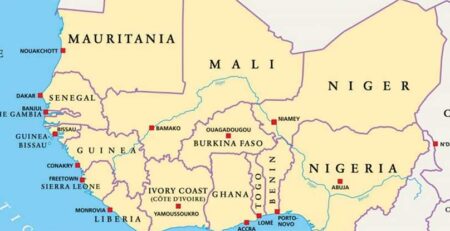
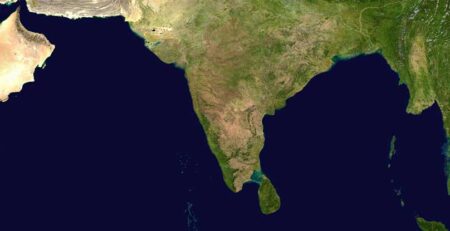

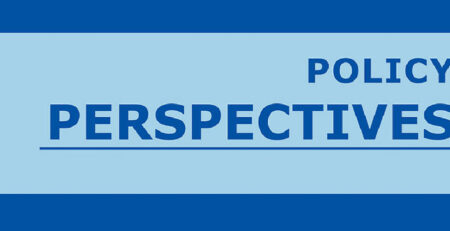

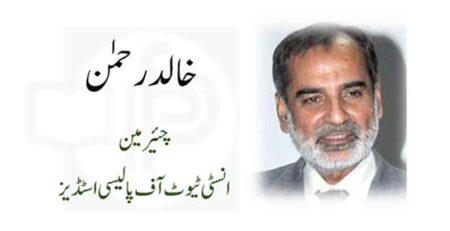
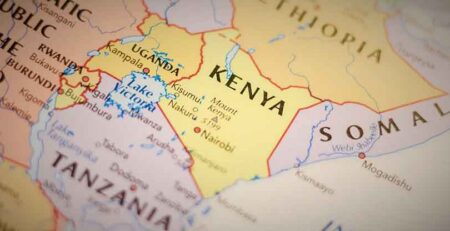
جواب دیں